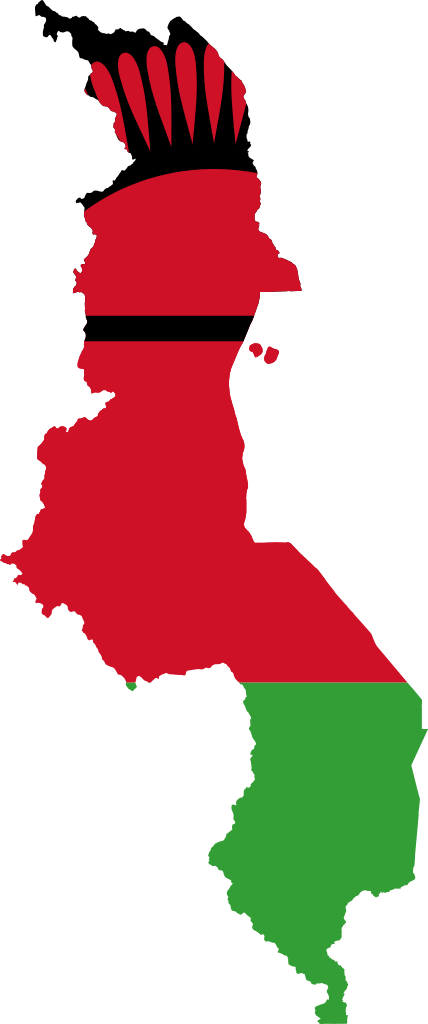You may wonder...
Why malawi?
Well, this is due the following reasons

a brief background
Malawi is a Southeastern African country with an estimated population of 17.5 million. At least 48% of the population is under 15. Only 13% of children that enroll in school complete secondary school or go beyond (MDHS 2017). Much as this is a grim picture, many children with SEND do not even get enrolled in school, and those that do lack sufficient support to enhance their learning.
Issues to do with children with disabilities are not very prominent in Malawi’s development discourse. This gives a misleading impression that the problem is either not a serious one or that there is enough being done to address these issues. A closer look at existing figures as well as a mapping of activities on the ground however paints a concerning picture.
Malawi Household Demographic
According to a survey conducted in 2016-2017
At least 29% of children aged 2-9 have one functioning problem or disability while 21% of the age group were unable to name any objects around them, as required by their developmental milestones. Among the 10-17 age group, 5% have hearing problems while 6% have memory and concentration difficulties. At least ‘37% of under-five children ‘are stunted, 3% are wasted, while 12% are underweight. These percentages indicate that disabilities are widespread. However, a look at school enrolment data does not show correlating records of children with disabilities. For instance, the EMIS (2013-14) indicated that there were 90,089 were learners with disabilities enrolled in primary schools across Malawi. This points at two things, poor assessment in schools of children with disabilities and or low enrolment of children with disabilities in school. AOMU’s baseline mapping study found both to be contributory causes. The study also found that schools were also generally ill-equipped to meet the needs of children with identified disabilities.
Lack of access to education
or Education that fit for purpose
This is against the United Nations Conventions on the Rights of a Child (UNRC). The fact that the majority of children with disabilities are not able to access quality education also undermines the United Nations Convention on the Rights of People with Disabilities (UNRCWD) which requires children with disabilities to have access to all forms of mainstream education and receive appropriate support. If children with disabilities are not being sent to school or assessed with an aim to provide them with appropriate educational support, it is likely that they will remain locked in poverty, dependence and will not be able to maximize their contribution to the development and their societies. The United Nations Education Scientific and Cultural Organisation (UNESCO) notes that being able to access education and succeed in it, is a keyway to affect positive change in various aspects of life for people with disabilities. It is therefore an injustice that there is hugely insufficient support to ensure that children with SEND in Malawi receive a quality education with the potential to bring positive change in their lives and outlook.
Malawi is a signatory to CRC and UNCRPD
Malawi is a signatory to the mentioned CRC ad UNCRPD conventions. It has also ratified the UN Sustainable Development Goals (SDGs) one of which is to ‘ensure inclusive and equitable quality education and promote lifelong learning opportunities for all’ by 2030. Unfortunately, the chances to achieving these remain bleak if efforts to boost policy and program coordination and collaboration; resource allocation; infrastructure strengthening; capacity building of service providers; as well as an increase in facilities to support children with SEND.
the ministry houses for special needs
The Ministry of Education, Science, and Culture houses the Department for Special Needs which in 2011 coordinated the formation of the Inclusive Education Advocacy Programme 2011. However, recent desk reviews point to room for improvement in all areas, although it is encouraging that political will to bring positive change exists.
AOMU brings the comparative advantage of having a specific focus on special educational needs, staff with practitioner experience in Malawi and abroad and multi sectoral support through its hands-on board of trustees. Shared by the AOMU team is the passionate belief in the great potential possessed by children with SEND when given the right support; and a readiness to partner with existing initiatives with the goal of securing a bright future for children with SEND in Malawi.
ALL CHILDREN SAME CHANCE – ANA ONSE MPATA UMODZI
